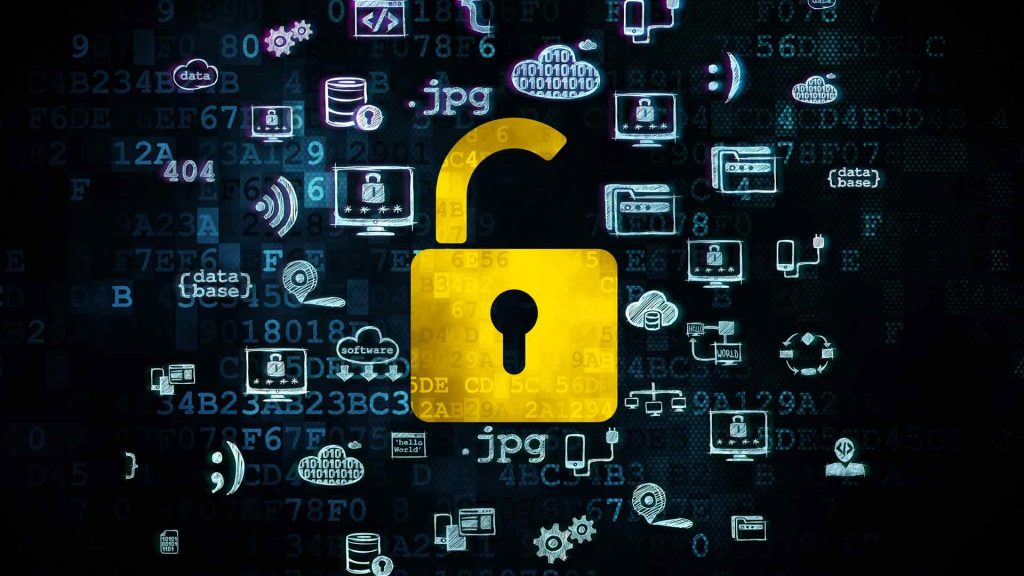
A free virtual private server (VPS) may appear to be a good deal at first glance, but closer examination shows a few flaws and concerns.
VPS hosting isn’t normally thought of as cost-effective. A VPS, which is typically aimed at business users, generally comes with built-in capabilities such as SSL/HTTPS. These servers are commonly seen in online retailers.
Using a VPS as a personal VPN, on the other hand, necessitates significantly fewer hardware resources. As a result, it’s an excellent choice for hosting your VPN.
You might want to investigate a free VPS server if you want to use a VPS for a long time or just to try it out. While some VPS servers offer free trials, they are sometimes little more than a ruse to obtain your bank information.
Worse yet, this is only the beginning.
1. Free VPS in a Place with Questionable Laws
One of the most significant aspects when considering to subscribe to a hosted VPN is its location. It’s a plus if the service is based in a country with no data retention regulations. A VPN host that isn’t affiliated with the 5-Eyes surveillance alliance is much better.
Similarly, if you’re planning to set up a personal VPN on a free VPS server, the VPS server’s location is critical.
While this isn’t your sole privacy risk, avoid using a VPS that isn’t registered in a secure location.
2. Can You Put You Data on a Free VPS Host?
Before you sign up for a VPS, you must have faith in the provider.
When you sign up for a service, you must provide personal information as part of the registration process. You may need to use a credit card for free trials. After you’ve completed that and created your account, you’ll need to set up your VPS (which involves installing the server software onto the virtualized server).
Another point to consider is whether or not activity logs are retained. Can you trust the VPS not to keep track of your login times, IP addresses, or monitor your connection for proof of activity? Is it possible that this information will not be sold to advertisers or given out under duress?
No, you won’t be able to.
3. A "Man in the Middle" Could be a Free VPS
The dangers of a free VPS owner abusing security and privacy don’t stop there.
When you log onto what looks to be a legitimate website, you are subjected to a man-in-the-middle attack (MITM) (a router, server, or website). The MITM attacker then captures your username, passwords, and other personal information by using the phoney or compromised location. The majority of these frauds target financial information.
4. Is the Free VPS Vulnerability-Free?
Vulnerabilities can exist regardless of whether the free VPS provider supports Windows or Linux.
After all, why would the owner of a free VPS bother with software and hardware updates? They most likely have paying consumers to serve. Whatever VPS you use, it’s a good idea to check the available operating systems and make sure they’re up to current.
However, if the VPS environment does not provide up-to-date OS options, your VPN installation may be compromised. Consider the Meltdown and Spectre hardware vulnerabilities in AMD and Intel processors. These weaknesses could potentially be exploited if mitigation isn’t in place.
While this is an extreme case, it demonstrates that the VPS host is not obligated to keep a free server up and running.





